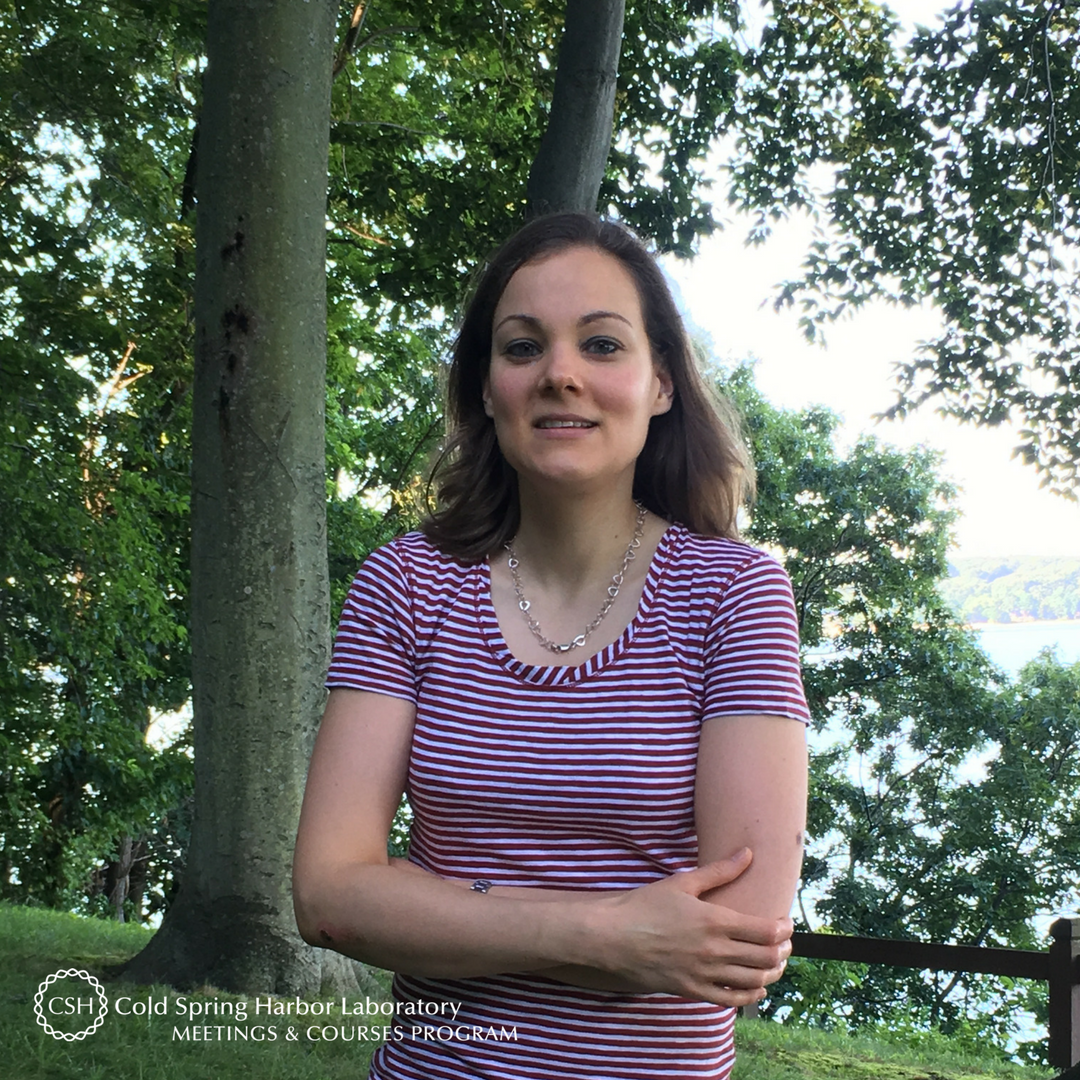Meet Anne-Dominique Gindrat of Deutsches Primatenzentrum GmbH (Germany). The biologist and postdoc research fellow is a member of the Neurobiology Laboratory of Hansjorg Scherberger. Read on for what she's working on and how the Neural Data Science course will help in her work.
What are your research interests? What are you working on?
My current post-doc project focuses on the cortical components of the hand grasping network in macaque monkeys and its first-time investigation with the novel technique of optogenetics. In order to establish causal links between specific neural components of the hand grasping network and grasping behavior, the project will combine optogenetics, intracortical electrophysiological recordings, and hand kinematic tracking in macaque monkeys performing a visually-instructed delayed grasping task.
Was there something specific about the Neural Data Science course that drew you to apply?
I was highly interested in learning the state of the art in single- and multi-electrode extracellular recordings because I will use this technique for my current project. Secondly, learning how to integrate neural data with behavioral data was particularly relevant to me since I am interested in drawing causal effects between optogenetic stimulation, neuronal responses, and effects on hand kinematics. On top of that, I thought I could benefit greatly from the course's strong emphasis on MATLAB programming.
What is your key takeaway from the Course?
Due to the development in recording techniques and storage capacities, today’s neuroscience is evolving towards dealing with larger and larger datasets. In consequence, it is important to have the skills and know-how to process data and conduct statistical analyses. The program of the Neural Data Science course perfectly answers these needs.
If someone curious in attending this course asked you for feedback or advice on it, what would you tell him/her?
I would strongly recommend him/her to apply! The Neural Data Science is both a theoretical course and a tutorial where you can then practice MATLAB programming on real data. Moreover, the class is very interactive.
What do you like most about your time at CSHL?
The campus itself is a very pleasant and quiet place in the middle of the country. Difficult to imagine that we are near NYC! Moreover, everything has been very well organized for our comfort. And finally, I have met a lot of interesting people!
Anne-Dominique received financial support from The Helmsley Charitable Trust. On behalf of Anne-Dominique, we would like to thank The Helmsley Charitable Trust for supporting and enabling our young scientists where they expand their skills, knowledge, and network.
Thank you to Anne-Dominique for being this week's featured visitor. To meet other featured scientists - and discover the wide range of science that takes part in a CSHL meeting or course – go here.

